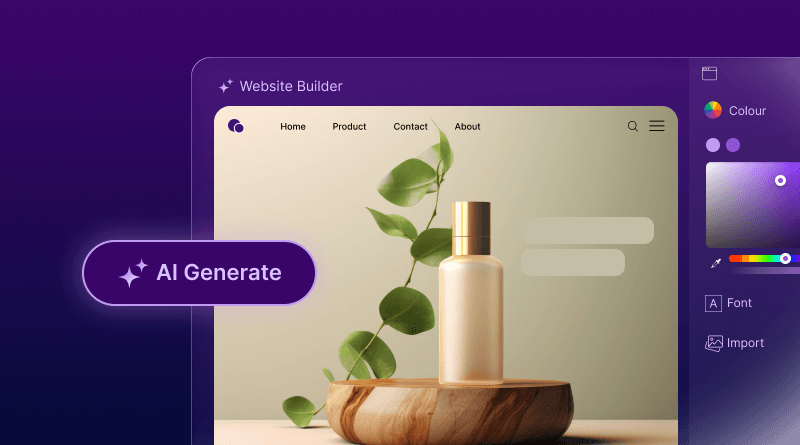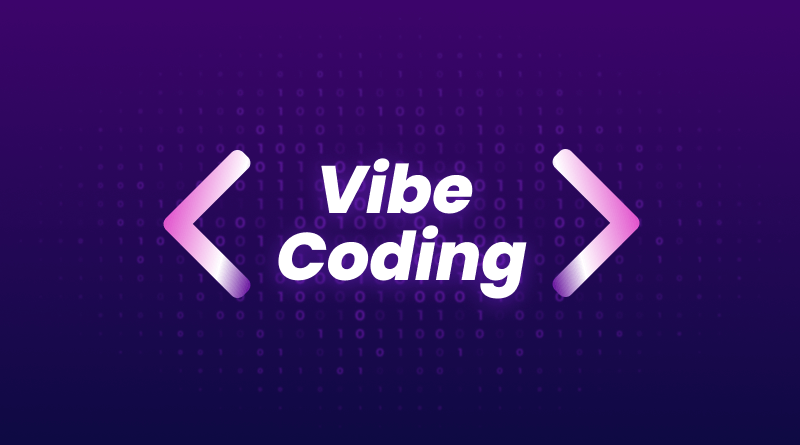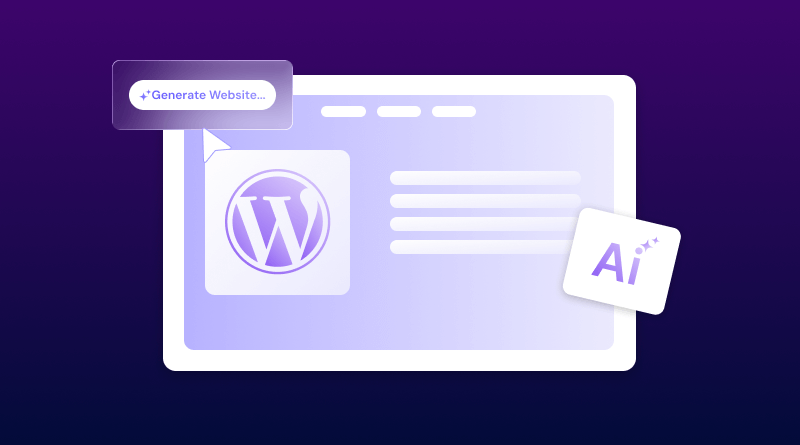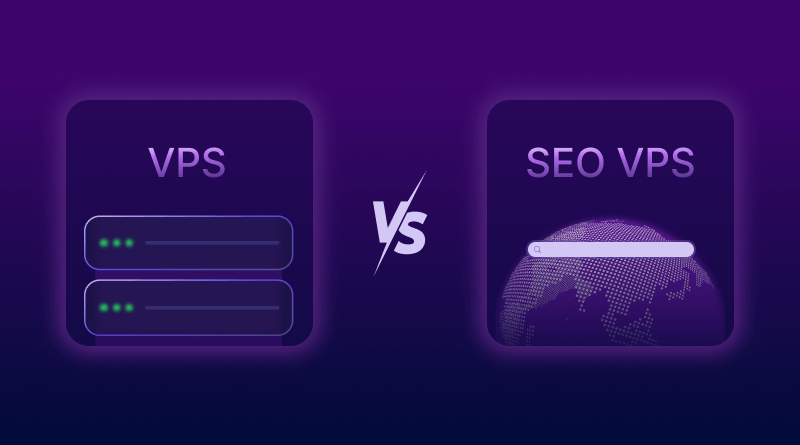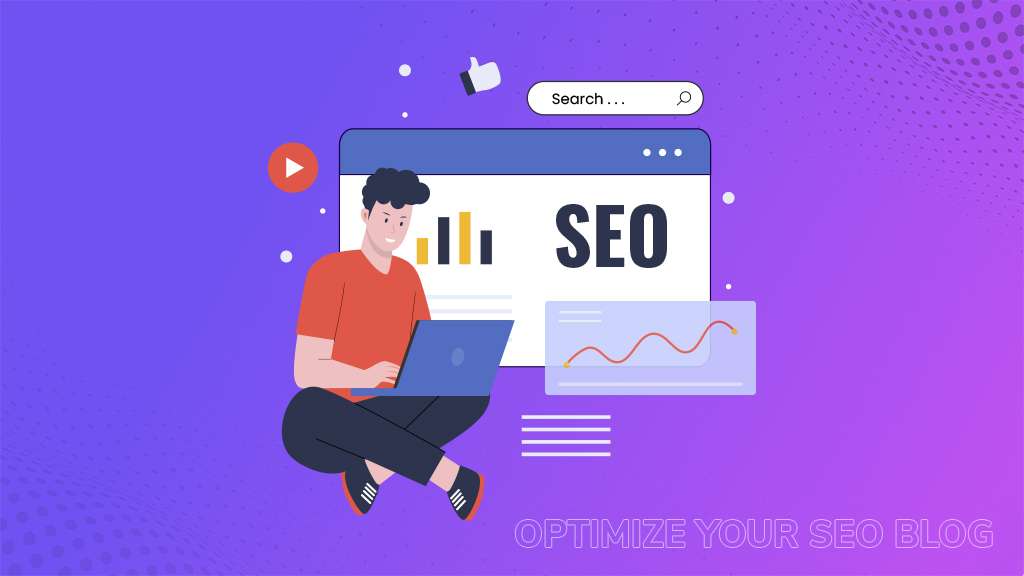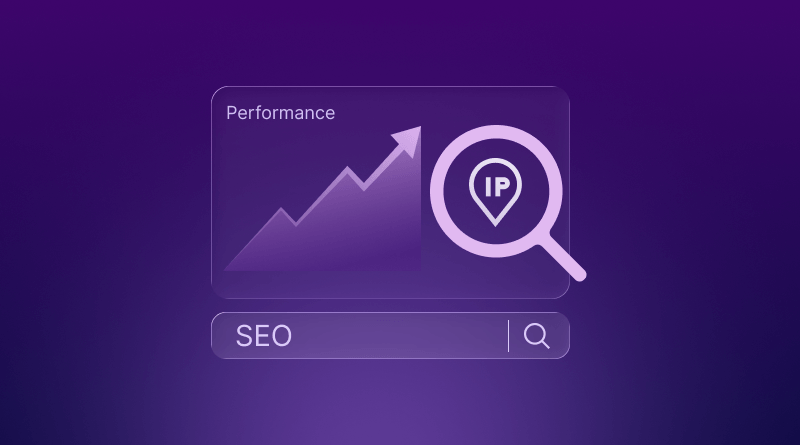
When you host a website, your server gets an IP address. These IPs are organized into three classes: Class A, Class B, and Class C. You don’t need to remember the technical math behind them. The only thing that matters for SEO is that Class C IPs help you separate your websites so they don’t look connected.
And no, Google doesn’t rank websites based on their IP alone. But your IP does create signals. It shows whether your sites look natural or if everything sits on the same server, which can create a big SEO footprint. This is why SEOs, agencies, and link builders care so much about unique IPs.
If you’ve ever wondered, Do unique IPs help SEO? or Is Class C IP important for backlinks? The short answer is yes, when you’re doing link building at scale. That’s where IP diversity starts to matter.
In this blog, you’ll see how unique Class IPs improve SEO rankings by keeping your network clean, natural, and safer from patterns Google can detect.
If you manage many sites or build backlinks, you need clean and unique IPs. BigCloudy’s SEO VPS Hosting gives you fast performance, isolated resources, and multiple unique IP options perfect for safer, footprint-free SEO work.
If all your sites or backlinks sit on the same IP block, Google can detect that pattern through server lookups and link graphs. This is why spreading your sites across different Class C IPs makes your backlink profile look more natural and reduces footprints.
How IP Diversity Actually Helps SEO Rankings
Google doesn’t reward you just for having different IPs. The real value is that IP diversity makes your sites and backlinks look natural.
Many SEOs worry about things like Does Google penalize same-IP backlinks? or Can backlinks from the same server hurt SEO? and these worries come from one place: footprints.
Here’s how IP diversity helps:
1. Reduces SEO footprints
If all backlinks come from one IP, it looks connected. Unique IPs spread your links across different sources.
2. Avoids unnatural link patterns
Google expects variety. Different servers and IPs make your backlink profile look normal.
3. Safer for PBNs, client sites, and niche clusters
When everything sits on one IP, it’s easy to trace. IP diversity keeps your network clean.
4. Keeps you out of spammy neighborhoods
Shared IPs often host low-quality sites. Unique IPs protect your reputation. So does IP diversity help in SEO?
Yes, because it supports a natural, safer link-building setup. That’s how unique Class IPs improve SEO performance without raising flags.
Benefits of Unique Class C IPs for SEO
Many people still ask, What is Class C IP in SEO? and Are Class C IPs still relevant in 2025 SEO?
The answer is yes, especially if you work with backlinks or manage multiple sites.
Here are the main benefits of unique Class C IPs for SEO:
- More natural backlink distribution: Your links look like they’re coming from different websites, not one server.
- Safer link-building campaigns: They reduce patterns that Google can trace.
- Lower shared IP risks: You avoid being grouped with spammy or low-quality sites.
- Better email deliverability: A clean IP helps emails land in the inbox, not spam.
- A cleaner IP reputation means better crawlability: Googlebots trust clean networks and crawl them more smoothly. Short, simple, and straight to the point, exactly what SEOs want to know.
How Multiple IP Addresses Improve Link Building SEO
If you’re building backlinks at scale, using multiple IPs makes your link profile look far more natural. Many SEOs ask, Does Google check hosting IP for backlinks? And yes, Google can see hosting patterns. That’s why spreading your links across different IPs is so effective.
Here’s how multiple IP addresses improve link-building SEO:
- Each IP looks like a unique source
Google sees links coming from different servers, which sends stronger authority signals. - Better geo-diversity
Different IP locations can support local SEO and make your backlink graph look real. - Perfect for agencies and private networks
If you manage outreach, PBNs, or client sites, unique IPs keep everything separate and safer.
And if you’re wondering How many Class C IPs do I need for link building? There’s no fixed number. The goal is simple: avoid all your links pointing from the same IP block.
When Unique IPs Actually Matter (And When They Don’t)
A lot of people think every website needs a unique IP for better rankings. That’s not true. If you’re running a normal business site, blog, or portfolio, a shared IP is usually fine and won’t hurt your SEO.
Unique IPs start to matter when you’re running projects that create many backlinks or manage multiple sites. This is where most SEOs ask things like Do you need different IPs for PBN sites? or Is the same server hosting bad for SEO?
Here’s where unique IPs do matter:
- PBNs
To avoid obvious footprints between your sites. - Link-building networks
Makes each backlink look like a separate source. - Agencies hosting multiple clients
Keeps client sites isolated and safer. - Affiliate website clusters
Stops your sites from looking connected.
So the rule is simple:
If your sites point to each other or share similar niches, unique IPs help. If they don’t, you don’t need them.
Best Hosting Options With Unique IPs for Backlinks
When you’re hunting for hosting that helps backlinks and SEO setups, especially when you’re building networks or managing multiple sites, focus on a few must-have features. Here’s what to check for
What to Look for in SEO-Friendly Hosting
- Multiple Class-C / unique IPs, you want the ability to assign different IPs (ideally spread across different Class-C blocks) to separate sites for cleaner backlink profiles.
- Clean IP reputation & isolation, no spammy neighbours, no shared risky IP history. This reduces the chances of hurting link value or getting flagged.
- Geo-location / data-centre control ability to choose server location helps if you want local SEO or want to diversify IP geolocations.
- Fast server performance & low TTFB (Time To First Byte) speed matters. Faster, responsive sites give better user experience, help with indexing, and support SEO fundamentals (Core Web Vitals, etc.).
- Isolated resources (dedicated RAM/CPU/storage) ensure that your sites don’t slow each other down. With shared hosting, one busy site can drag down others. VPS-class hosting with dedicated resources is better.
With these in mind, hosting generally falls into a few useful categories:
- SEO VPS hosting gives you private, isolated servers with dedicated resources, support for clean and multiple IPs, and flexibility to manage many sites.
- SEO-dedicated IP hosting is ideal if you only need a clean IP for one or a few sites but want stability, speed, and a clean footprint.
- Multi-IP hosting solutions hosting packages built specifically to support many unique IPs (useful for link-building networks, agencies, PBNs, affiliate clusters)
Realistic Expectations: What Unique IPs Can NOT Do
Unique IPs are helpful, but they’re not magic. Many SEOs still ask, Do Class C IPs still work for SEO in 2025? And yes, they work, but only when used correctly.
Here’s what unique IPs cannot do:
- They don’t guarantee rankings
Google still looks at content, links, and user experience first.
- They don’t replace good content
A clean IP won’t save a weak page.
- They don’t fix spammy backlink profiles
If the links are low-quality, changing the IP won’t make them valuable.
- They only support stronger link distribution
IPs help your backlink graph look natural; that’s it. So, unique IPs are a supporting element, not a ranking hack.
Conclusion
Unique IPs mean the most when you’re doing link building at scale, managing PBNs, client websites, outreach, or affiliate networks. They help you keep your setup clean, hide your backlinks, and leave less of a trace.
You get these things when you use it right:
- building links more safely
- a better IP name
- more natural link distribution
- more power over your network
But the smarter move is always planning, not blind buying. Unique IPs should only be used when they are really needed. They should be used with good content, good links, and a fast, stable hosting environment. In a real-world sense, that’s how unique Class IPs help SEO results.
FAQs
Yes, but indirectly. Unique Class C IPs help your backlink profile look natural by spreading links across different servers. This reduces footprints and makes link-building safer, especially for PBNs, agencies, and affiliate networks.
Google doesn’t penalize automatically, but too many backlinks from the same IP or server can look unnatural. This can trigger deeper checks and reduce link value. Using multiple IPs helps avoid this pattern.
If you need multiple unique IPs for link building, PBNs, or managing many sites, the best option is using an SEO-focused hosting setup. Platforms like BigCloudy’s SEO VPS Hosting let you add clean, isolated IPs to different sites so they don’t share the same IP block. This helps you avoid footprints and keeps your network safer while building links.
Yes. Google focuses on patterns, and Class C IP diversity still helps break obvious connections between sites. They don’t boost rankings on their own, but they support cleaner, more natural link-building.
Yes. BigCloudy’s SEO VPS Hosting is built for SEOs who need clean, isolated IPs for safer link building, PBNs, client sites, or affiliate projects. You can add multiple unique IPs, keep your sites separate, and avoid shared IP footprints all while getting fast performance and dedicated server resources.


